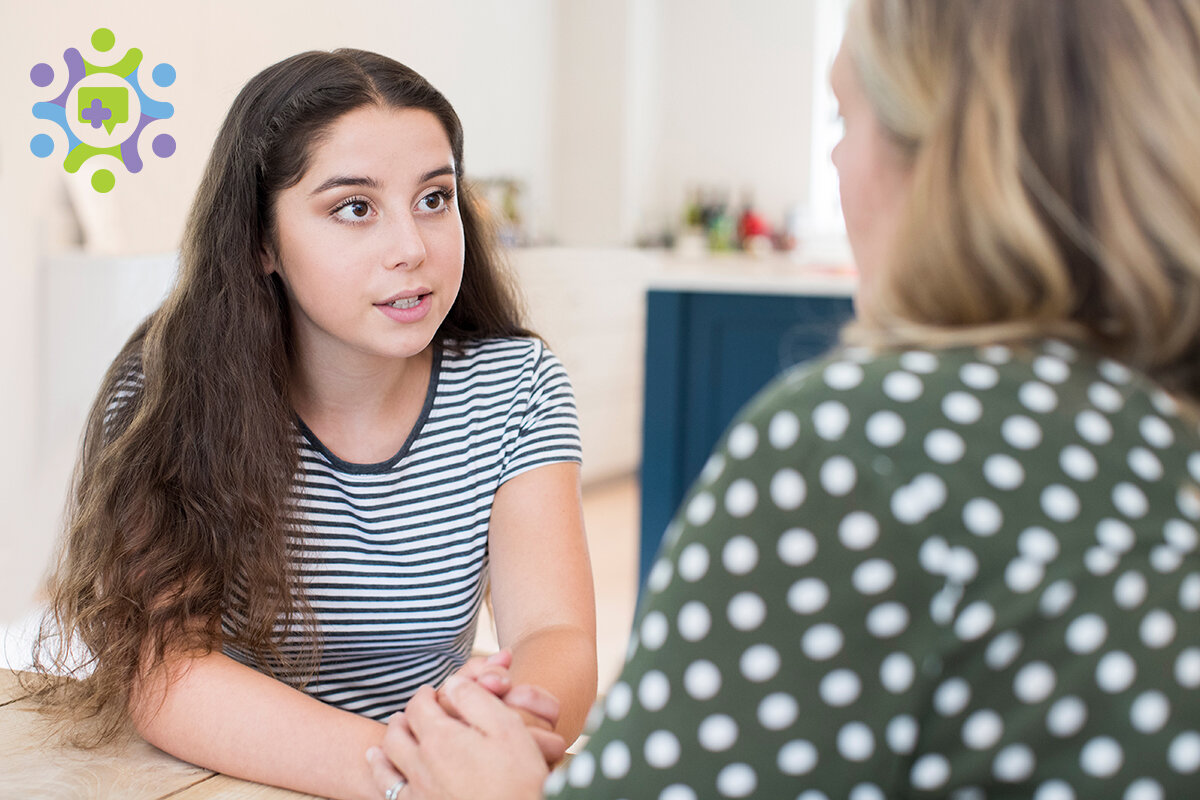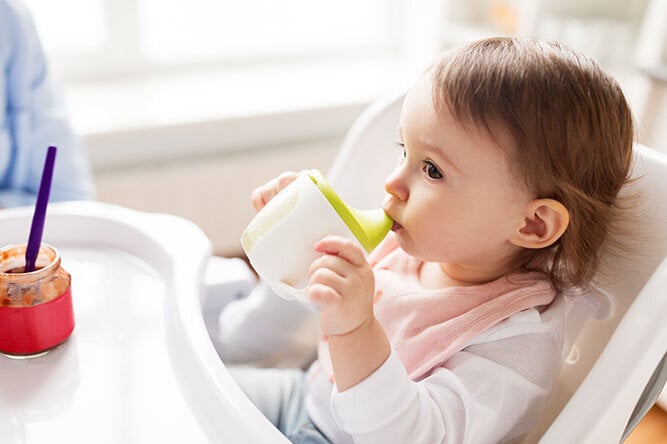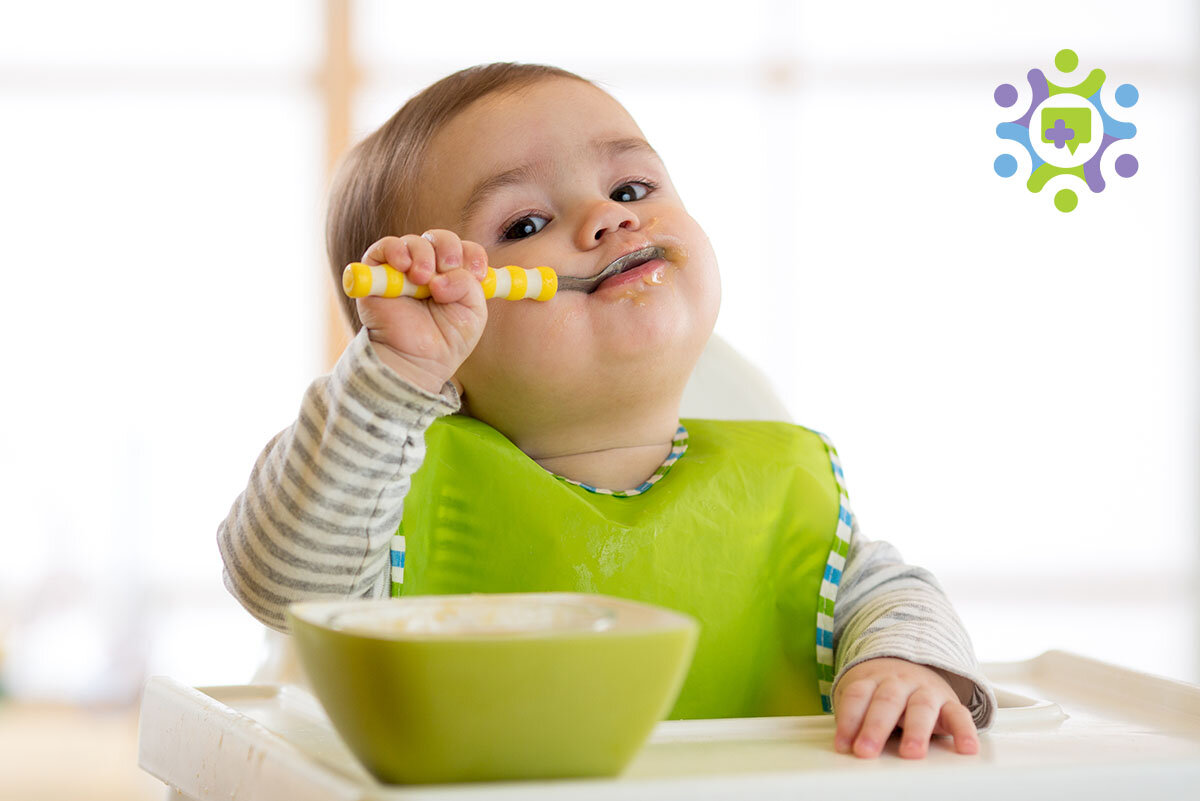Talking with Your Tween or Teen About Alcohol and Drug Use

Just as important as having the “talk” with your tween or teen about dating and sex is talking with your child about drinking and drug use. Even though raising both topics may be daunting, having these discussions early on is the first step toward keeping them safe.
In 2019, results from a National Survey on Drug Use and Health revealed more than 7 million Americans between the ages of 12 and 20 consume alcohol. In recent years, other drugs, such as marijuana and prescription pain medication, have also become increasingly widespread among youths.
Risks of Alcohol and Drug Use in Teens
According to the Centers for Disease Control and Prevention, risks of substance use among teens may do the following:
- Affect the growth and development of teens, especially brain development.
- Occur more frequently with other risky behaviors, such as unprotected sex and dangerous driving.
- Contribute to the development of adult health problems, like heart disease, high blood pressure, and sleep disorders.
Tips to Help you Talk to Your Tween or Teen
You may not think your child is listening when you talk to them, but they are. Research suggests that one of the most important factors in healthy child development is a robust and open relationship with a parent.
The Substance Abuse and Mental Services Administration’s (SAMHSA) “Talk. They Hear You.” campaign can help you begin the conversation with your kids. “Talk. They Hear You.” provides tools and resources to help parents and caregivers start talking with their children about the dangers of alcohol and drug use before they are exposed to them.
In addition to the campaign’s online tools, SAMHSA offers these five goals you can use to talk to your kids about substance abuse.
- Show you disapprove of underage drinking and other drug misuses. Over 80 percent of young people ages 10 to 18 say their parents are the leading influence on their decision to drink. Send a clear and strong message that you disapprove of underage drinking and misuse of other drugs.
- Show you care about your child’s health, wellness, and success. Young people are more likely to listen when they know you are on their side. Reinforce why you do not want your child to drink or use other drugs—because you want your child to be happy and safe. The conversation will go a lot better if you’re open and you show concern.
- Show you are a good source of information about alcohol and other drugs. You want your child to make informed decisions about alcohol and other drugs with reliable information about their dangers. You don’t want your child to learn about alcohol and other drugs from unreliable sources. Establish yourself as a trustworthy source of information.
- Show you are paying attention, and you’ll discourage risky behaviors. Show you’re aware of what your child is up to, as young people are more likely to drink or use other drugs if they think no one will notice. Subtly do this without prying.
- Build your child’s skills and strategies for avoiding underage drinking and drug use. Even if you don’t think your child wants to drink or try other drugs, peer pressure is a powerful thing. Having a plan to avoid alcohol and drug use can help children make better choices. Talk with your child about what they would do if faced with a decision about alcohol and drugs, such as texting a code word to a family member or practicing how they will say, “no thanks.”
Steps You Can Take if You Suspect Your Tween or Teen Drinking
If you suspect your child is using alcohol, there are warning signs to watch out for, including:
- Decreased performance in school or loss of interest in school activities
- More secrecy around belongings or activities
- Changes with their friend group
- Sudden mood or personality changes
- Irresponsible behavior
- Use of room deodorizing sprays
- Increase in arguments and breaking rules
- Red or glazed eyes or increased pupil size
- Displays signs of being hung-over


